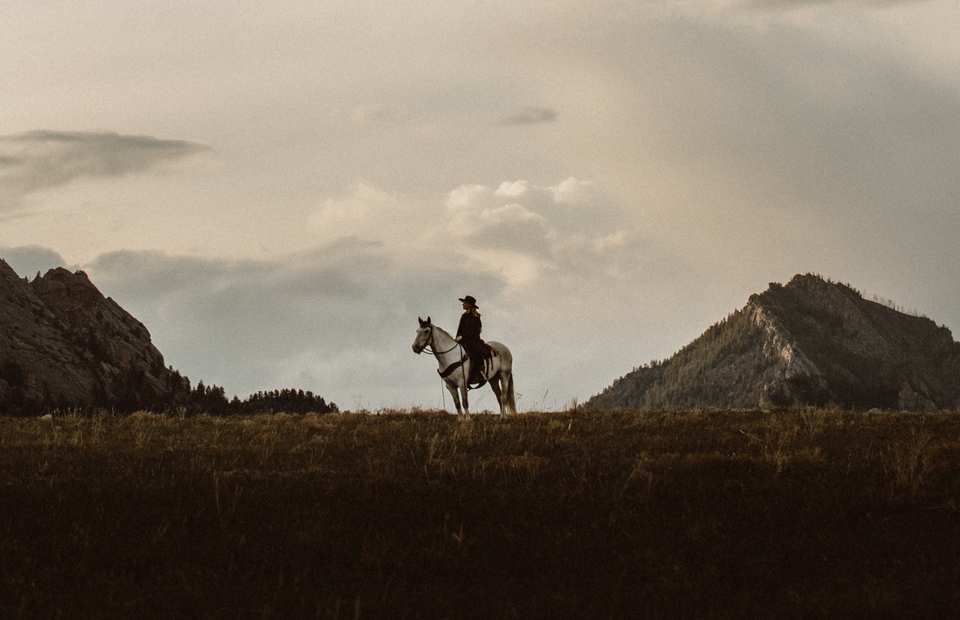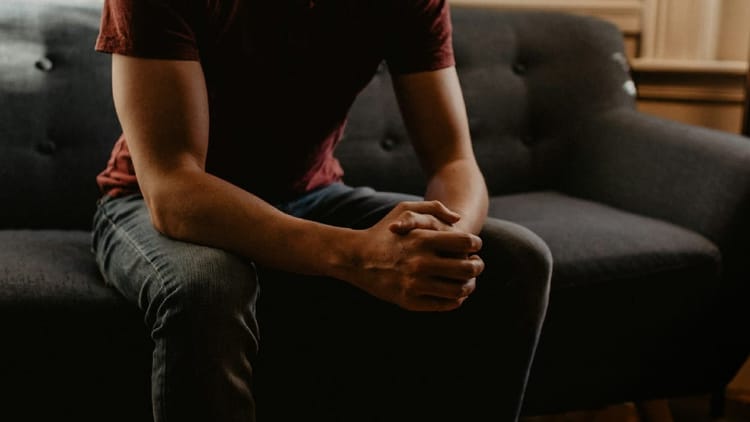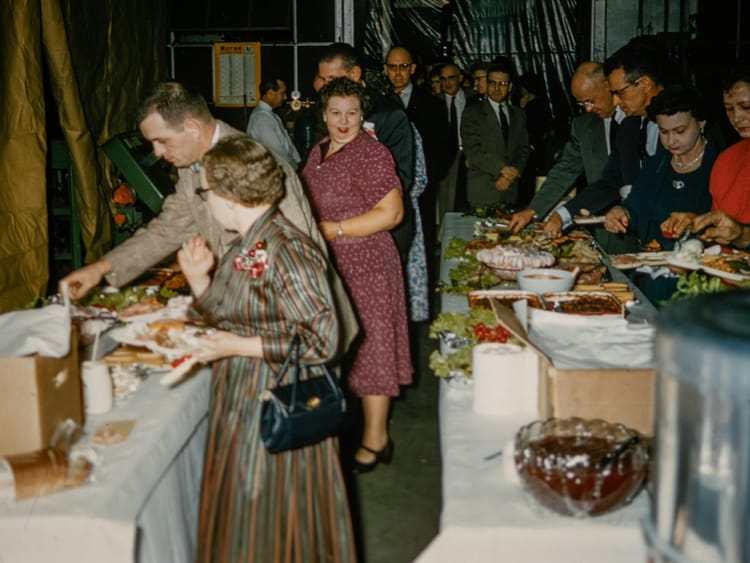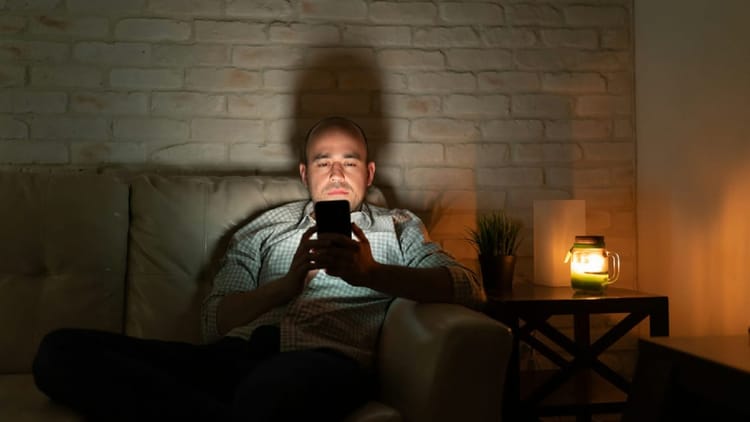Remote living

Across the United States, people have fewer close friends than they did three decades ago, and they’re less likely to have a best friend. This is according to new research from the American Enterprise Institute suggesting that “the role of friends in American social life is experiencing a pronounced decline.” The data comes as experts continue to talk of a broader “loneliness epidemic” in the country—one that worsened during the pandemic and has implications for the future of U.S. democracy. How are social isolation and loneliness affecting contemporary American life?
Daniel Cox is the senior fellow in polling and public opinion at AEI, and the author of the recent friendship study. Cox says social isolation is a downside of continuing remote work and a reason some Americans still aren’t getting vaccinated. Though he’s skeptical that this isolation is the major driver of violent extremism or conspiracy theories in today’s politics, he notes that isolated Americans are less committed to upholding civil society and its political, cultural, and social institutions. Fighting social isolation could theoretically unite the U.S., Cox says, as could battling the related problem of the opioid epidemic, but the issue doesn’t generate as much political or media attention as more polarizing national concerns …
Graham Vyse: Social isolation and loneliness are old themes in America. What’s happening now that’s new?
Daniel Cox: Despite the fact that there’s been a lot of focus, and scholarly attention, on social isolation and loneliness, there’s a lot we don’t know. We know prolonged periods of social isolation are really bad for your mental and physical health, but when it comes to other critical questions—the effect of having only one close friend, whether single people are better able to hang onto friendships than married people—there’s still a lot we don’t know, and a lot of it’s changing.





